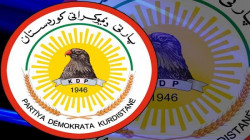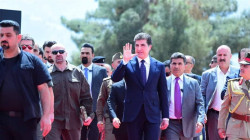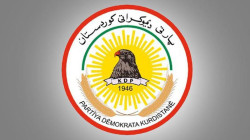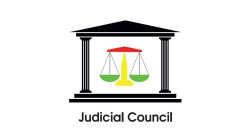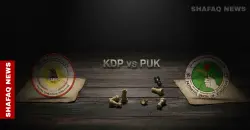KDP's boycott puts kurdistan parliament elections in doubt: official
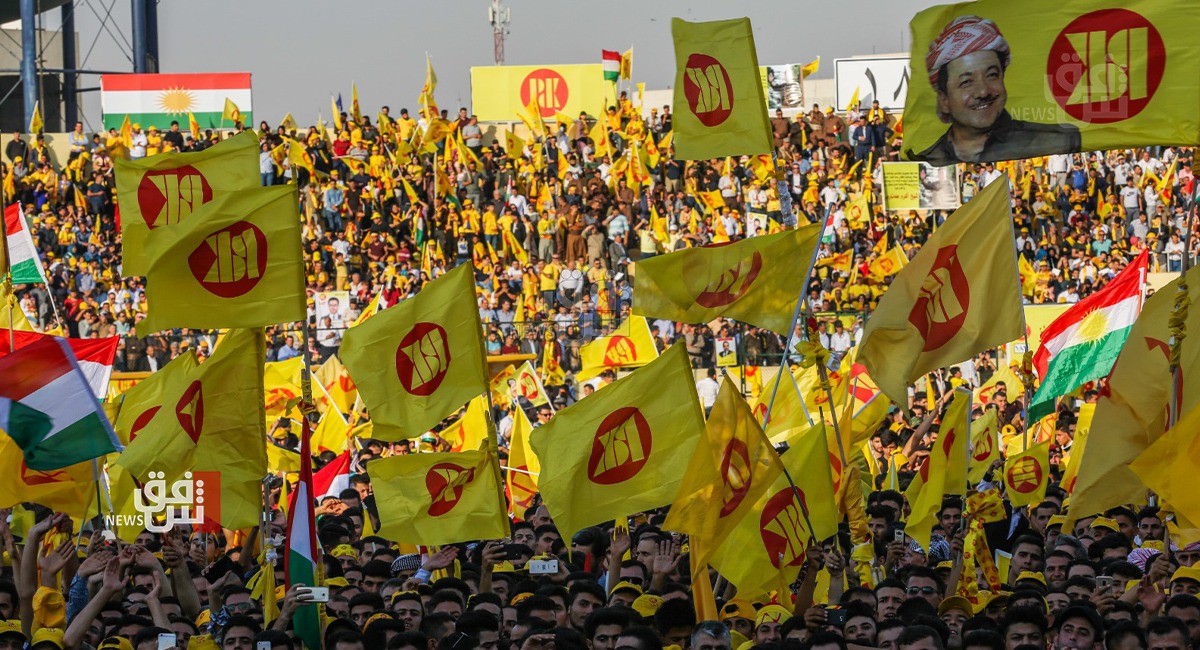
Shafaq News/ A senior member of the Kurdistan Democratic Party (KDP) has cast doubt on the possibility of holding elections for the Kurdistan Region's Parliament if his party boycotts the polls.
Majid Shingali, a member of the KDP bloc in the Iraqi parliament, told Shafaq News Against on Wednesday, "We do not believe that the Kurdistan Parliament elections will be held if the KDP boycotts them."
He explained that "according to all indications, it is not possible to conduct this electoral process without the participation of the largest party, which holds 45 seats in the previous parliament and has a political presence in two of the three governorates of the region, Erbil and Duhok."
Shingali expressed hope that solutions would be found for the current crisis, as "not finding solutions is not in the interests of anyone." He suggested that the elections could be postponed until an agreement is reached on conducting the electoral process under different rules than those set by the Federal Supreme Court.
"Holding the Kurdistan Parliament elections in the shadow of a KDP boycott will create very, very big problems," the lawmaker warned. "Therefore, it will be postponed until a new understanding is reached on this process."
On Tuesday, KDP leader Masoud Barzani stressed the need to address all technical obstacles and constitutional and legal violations related to the Kurdistan elections. He emphasized that the KDP is the founder of legitimacy and elections in the region and that it is in favor of holding free and fair elections.
The Independent High Electoral Commission in Erbil announced that the KDP had not submitted its participation papers for the Kurdistan elections, following the party's announcement on March 18 that it would boycott the parliamentary elections.
The KDP has threatened to withdraw from the political process in Iraq if the "State Administration" coalition does not commit to implementing agreements, following the Federal Supreme Court's rulings on the Kurdistan Parliament Elections Law, which included abolishing "quota" seats and replacing the Kurdistan Independent High Electoral Commission with the federal one.
